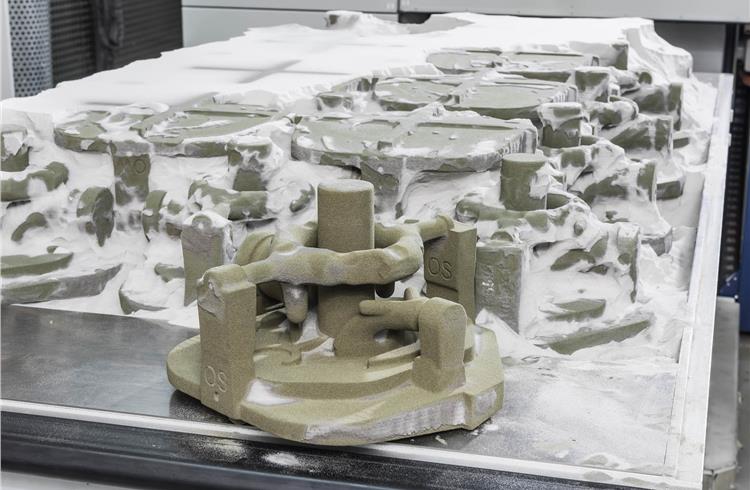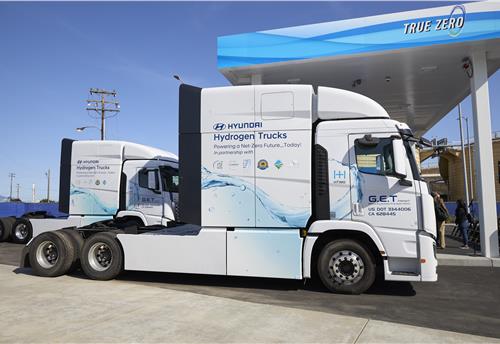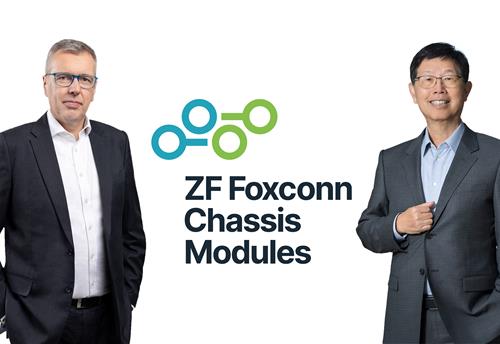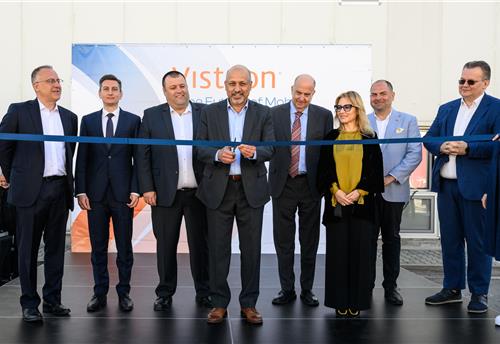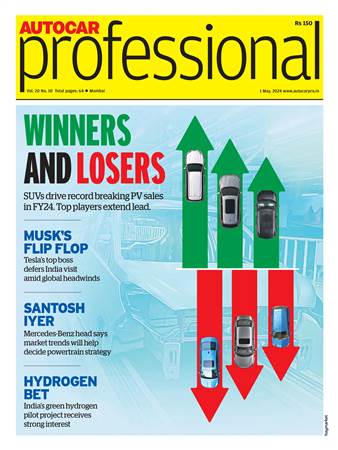3D printing helps Bosch Rexroth with tool-free production of components
Through customised cast cores made with 3D printers, Bosch Rexroth says its foundry has successfully reduced delivery times and costs for individual castings and small series.
Through customised cast cores made with 3D printers, Bosch Rexroth says its foundry has successfully reduced delivery times and costs for individual castings and small series.
Whether it is spare parts for older machines or cars, prototypes for new products or small series, 3D printers are helping the foundry accelerate the production of cast components. ‘Printing’ tailor-made casting cores and moulds helps reduce both delivery times and costs for individual casting parts to a minimum and is an important step towards industry 4.0.
"See how 3D printing could revolutionise the car industry"
The tool-less production of components with the casting process is the most economical method in many cases. The most time-consuming and expensive step in the core shooting process has been the production of a negative mould of sand. Individual tools are traditionally made to give the sand form in a complex process. Thus, the method calculates only at higher volumes.
With two 3D printers, the shape and casting technology from Bosch Rexroth in Lohr, Germany simplifies this crucial step. "We are focused on providing our customers with a measurable technological advantage," says Florian Müller, commercial director of the foundry. Customers only send the CAD data of the desired component and the 3D printer finishes it after using the additive principle in the corresponding sand core or mould in complex geometries. Data can also be generated by these optical measuring systems. This eliminates the development and production of individual tools for mould making. It also reduces the costs for prototypes and small series and greatly shortens the processing time of the arrival of CAD data set to the finished moulded product.
"Many of our customers are already convinced of the benefits of this innovative method for fast tool-free production," says Florian Mueller.
RELATED ARTICLES
Hyundai begins supplies of hydrogen fuel cell trucks in North America
Hyundai Motor Company, which has been actively working with partners to build a hydrogen value chain in North America, s...
ZF Foxconn Chassis Modules plots speedy growth with top tier customers
ZF Foxconn Chassis Modules, which supplies global premium and volume manufacturers and is represented at 25 locations wo...
Visteon opens high-tech automotive testing lab in Bulgaria
The facility, which is equipped with cutting-edge technology and houses over 70 highly skilled engineers, expands the co...





 By Autocar Pro News Desk
By Autocar Pro News Desk
 16 Mar 2015
16 Mar 2015
 4507 Views
4507 Views



